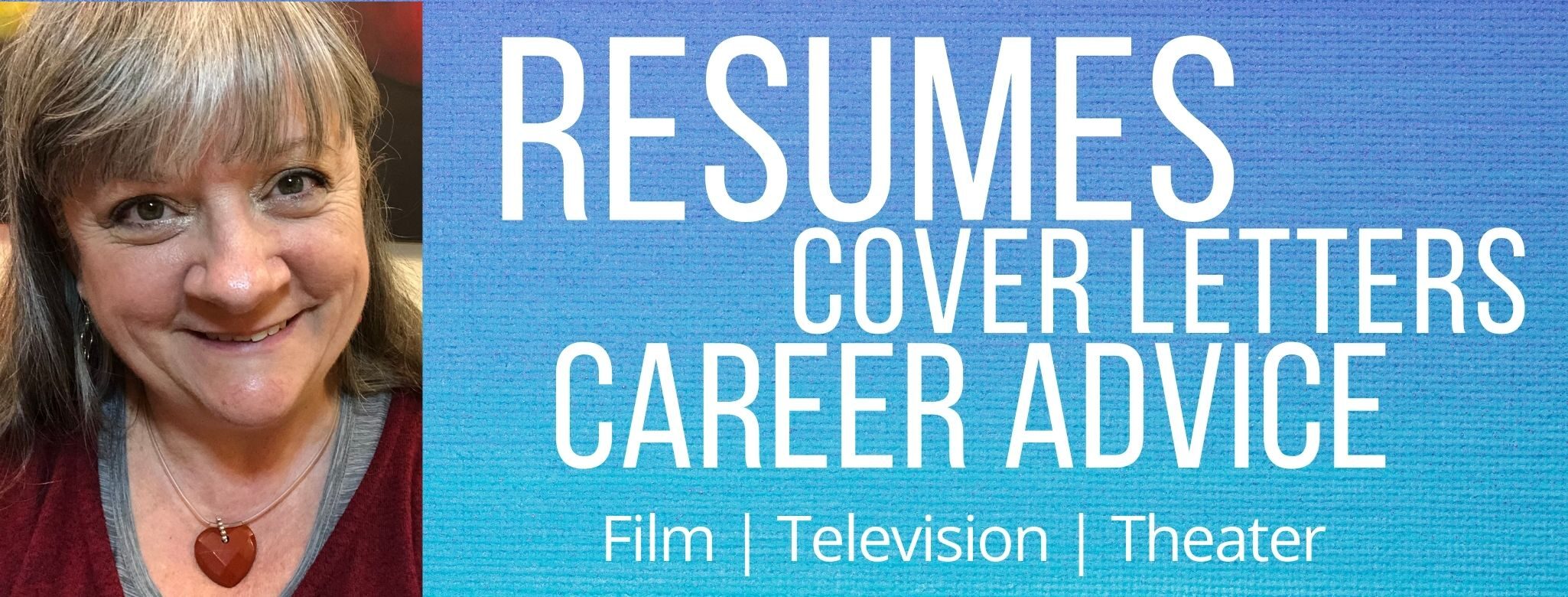
Not every job in entertainment is involved directly in production (or post production). There are some great creative careers that have entry level opportunities and that go on to contribute to the success of films and TV shows. What is neat about many of these jobs, is that they are listed (advertised) more often than direct production jobs – although networking is still important to hear about early, and take advantage of these opportunities. Plus, they are still great for creating your own network of people which might facilitate a sideways move some time in the future.
Here are four behind the scenes jobs that you might not have thought of:
Product Placement Specialist
Gosh, when I was active in the business 25 years ago, product placement was very closely connected with the Art Department (my department). I often worked closely with a product placement company to get branded items for use in the movie. Sometimes the Propmaster was involved with securing placements, along with an APOC.
Sometimes it was a matter of getting clearances or permissions, but more often the goal was to get free stuff – especially if it saved a big chunk of the budget or added to the variety at the Craft Services table (eg brands of soda). As long as the actors, especially the stars, were filmed consuming or holding the product as part of the action, the company would get plenty of product.
Every now and then there would be a storefront or shop interior, where it would be great to get lots of branded products to use as set dressing – although often that tended to be empty packages.
Lesser known brands tended to be the most generous with samples or actual products, while larger companies often sent dummies, like empty liquor bottles.
Some companies, like Coca Cola, had specially colored prop versions designed for digital shooting at a time when every editing pass added saturation to some colors (especially red). The idea was that by the time you were doing your final color balance, the dulled red would appear the correct bright Coke red on screen. However, for brands like Coke, getting free product or unpaid use of the logo was unlikely for low budget films. They really wanted a big star to pick up their bottle. That is why you will see a lot of Shasta soda in low budget films from the mid-1990’s.
Today, product licensing is a big business, and often part of the funding strategy for independent films. It really feels like it can be a symbiotic relationship, with product companies paying to be a significant part of some films, almost like sponsors. These deals are often brokered by agents and managers as part of the whole package for a studio or big budget project.
People working for product placement companies need to be diplomatic, creative and collaborative thinkers, with strong attention to detail. The job starts with analyzing a submitted script to discover all the placement or licensing opportunities – many of which will be in the background. You may be able to suggest small changes to details in the script to serve your company clients – perhaps the person drinks an iced tea instead of a juice bottle. There might be signage, accessories like handbags, or designer labels involved.
It is all about being able to spot opportunities.
Start by keeping an eye out for listed entry level jobs. Know which are the various companies in your area. Try a resource like the Creative Handbook, or your local film commission. Alternatively, start at entry level with a talent agency, and find the person who does that side of things well to be your mentor.
Researcher/Analyst
“Research” has two meanings. Many people are familiar with the idea of research as self-directed learning. For example actors study the job their character does, read about their psychology and background, learn about accents, or learn about the historical person if it is a true story. Designers study history, environments, technical aspects of a location to bring verisimilitude to the mis-en-scene. Designers and writers do hire researchers to help them create. It’s a great job for a college student, or someone with a degree in library science.
However, that is not what is meant most of time in the film industry when a “Research” job is advertised. In this case, they mean a number cruncher of the highest order. Researchers analyze statistical data including ticket sales, various costs, engagements or views (like with a trailer online), and all the demographic information that lets the distributor know by Friday evening (sometimes Thursday!), just how big the opening weekend will be. They look at ad views and buying trends. They look at whether the project will have “legs” domestically, will make its money back in international markets, and whether it is worth the sequel.
It’s a great job for someone who loves numbers, graphs and statistical relationships, and has an ability to turn hard data in to actual insights. You will find related jobs in IT departments, as well as Distribution and Development. Want to work for a particular sector? Set up job alerts on the various companies’ careers pages with keywords like Business Analyst or (of course) Researcher. Learn about data management and all the myriad of project management apps out there.
In-House Graphic Artists
Companies that produce trailers, titles, posters or marketing collateral hire both in-house and independent contractor/freelance graphic artists. Many larger production companies do their graphic design work in-house, rather than outsourcing to a specialist company.
Graphic design encompasses both physical items, and digital work. It is a specialist type of design, requiring both training and talent. The plethora of freely available design programs and websites, like my favorite Canva.com, allow the muggles to do some of their own graphic work, but for truly professional level results, it is always good to use a professional, who will have a high awareness of trends, design principles and elements, and the latest technology.

One way to bring your graphic design skills to film and television is in the creation of concept art – you work with the writers and directors from early days influencing the development of the visual style of all aspects of a project. Concept art may not resemble the final product entirely, but can be beautiful in itself. These people are often hired through the Art Department or Production Designer, so network that way. Develop your signature style, and you will become sought after.
Also working with the Art Department, Costume Designer or Props Master, graphic artists create original art for sets, garments or logos for branded items that are in the script. Every fantasy military has its own insignia; every spaceship, its own signage.
To work in this field, do study the appropriate skills and learn the tech. Photoshop is just the beginning. Start by apprenticing with a design company, or as an assistant within “Brand Creative” or the “Creative Department” which specifically means marketing collateral like posters, standees, and tie-in products that support films. Network with art department people.
You will want a great, well organized, digital portfolio, regardless of how you produce your original art.
Marketing and Promotions specialist
This is a huge and growing field, including in entertainment. There are people who specialize in social media, advertising of different kinds, or event planning including screenings, premieres, and awards, as well as special events. There are publicists that work for celebrities, and brand specialists that work for corporations.

These people make sure that the public know about the new projects that are coming out. Most of all, clever marketing can make the difference between a hit and a flop. No matter how much of a genius any filmmaker might be, their project still needs to be seen by people to be a success.
Like agency work, even entry level jobs tend to include a strong college degree as a requirement. There are a lot of marketers selling courses about marketing aimed at small business owners. Whether these are good or bad, to work in marketing and promotions for a studio or network, you will want a Bachelor’s degree, probably in Communications, Business or Media. You will want to have outstanding interpersonal communication skills, an ability to develop effective relationships with media personnel, as well as a creative mindset. This is a job for someone who is very comfortable with people, an extrovert, or at least an ambivert.
Finding the Work
Now for these jobs, you will need an Applicant Tracking System (ATS) compliant resume, because most of the organizations and businesses employing these job titles, will likely use some form of online application. This is more of a business style document, with a few extras. You will definitely want to customize your resume to each of the listed jobs. As I mentioned, you might still need a portfolio.
Here’s one of my favorite places for entertainment jobs: Entertainment Careers
And another job aggregator is Jooble

